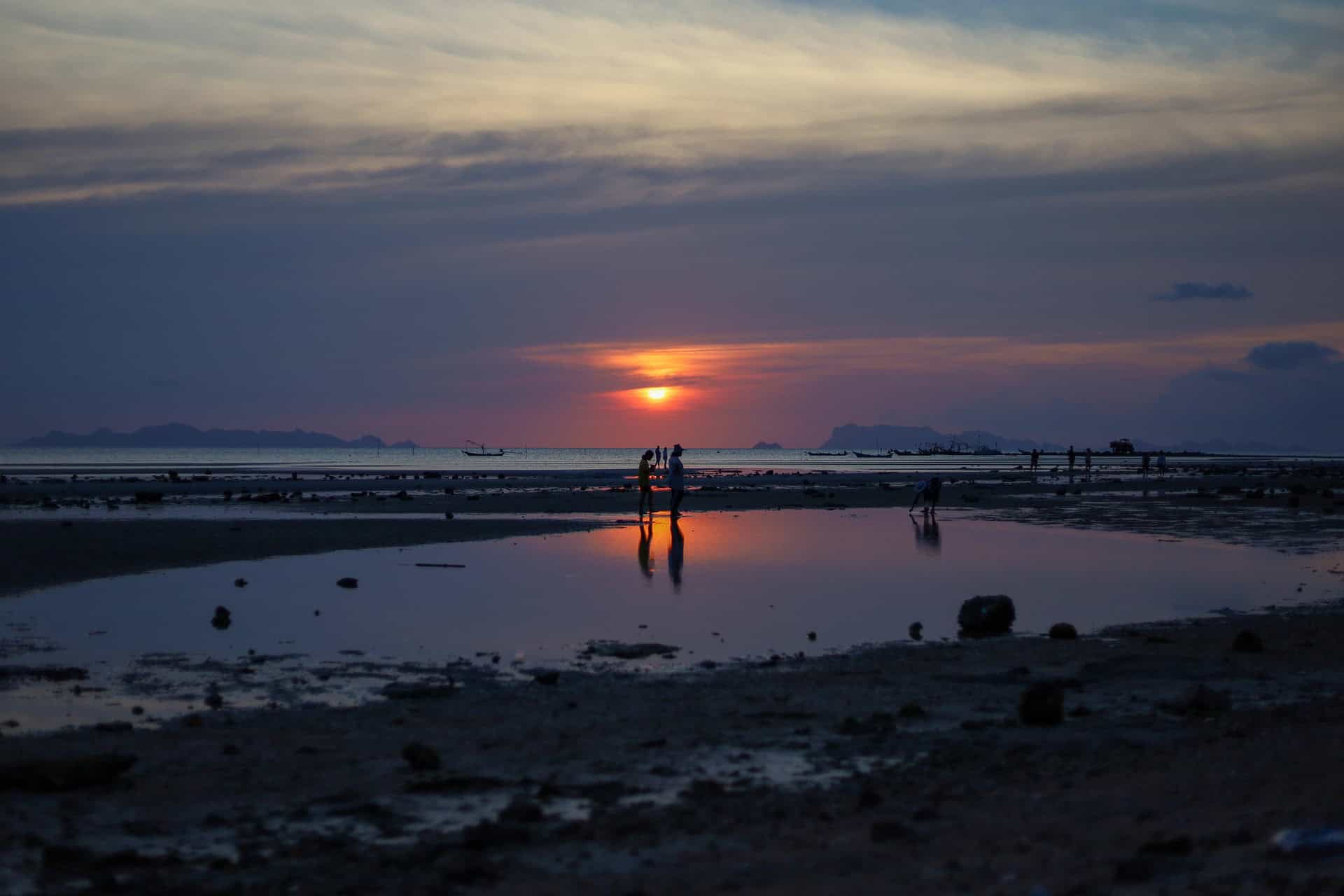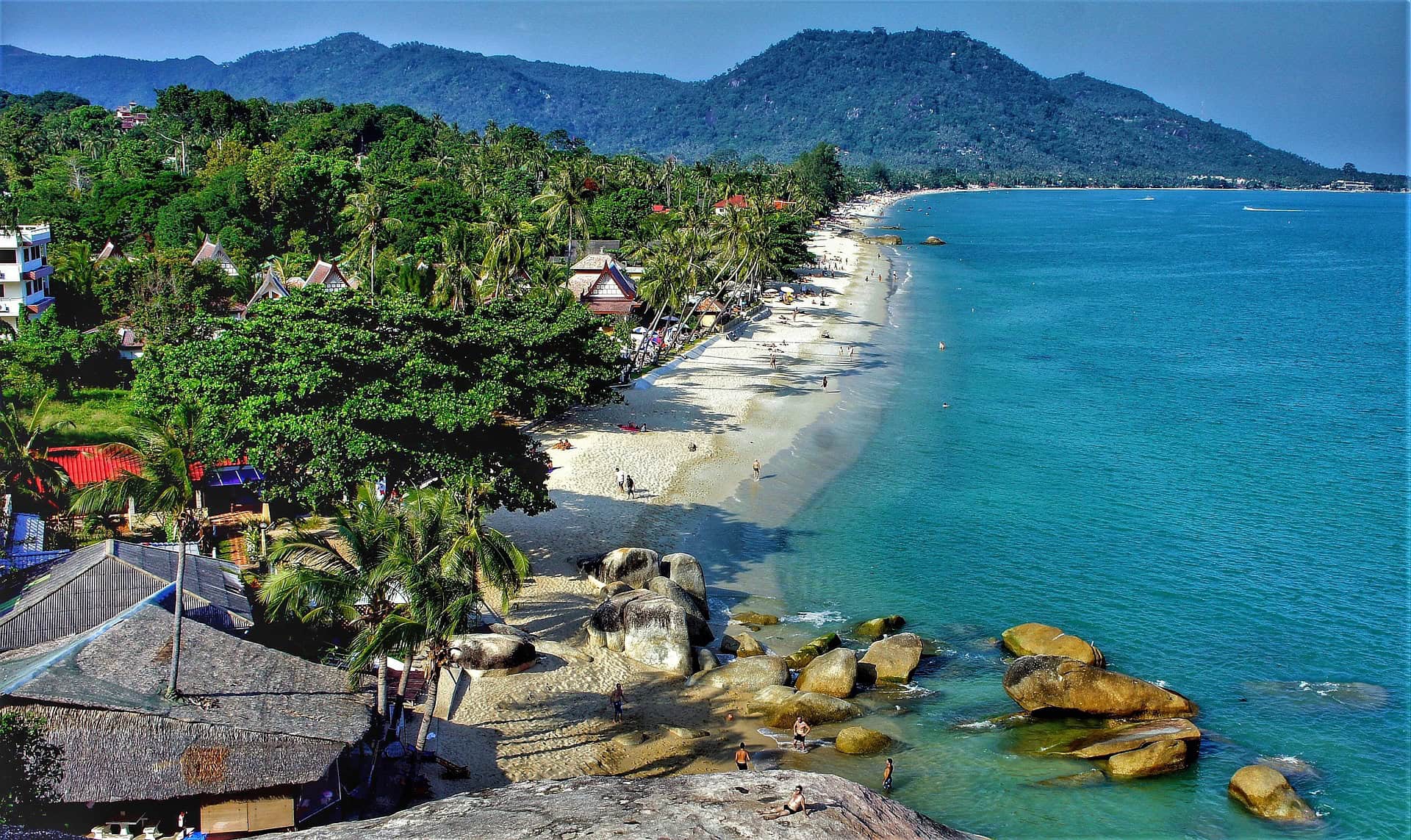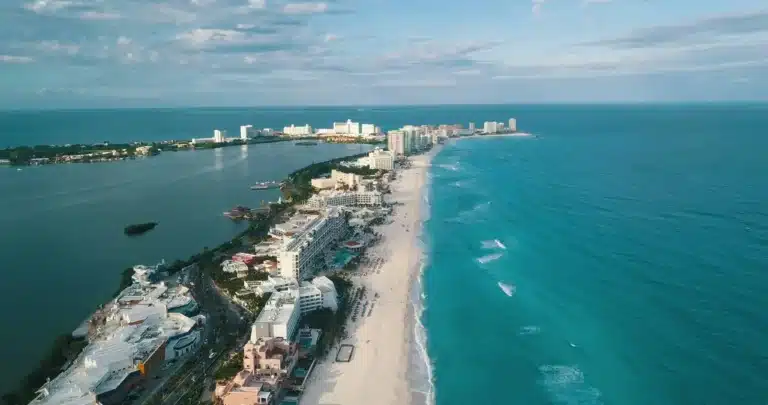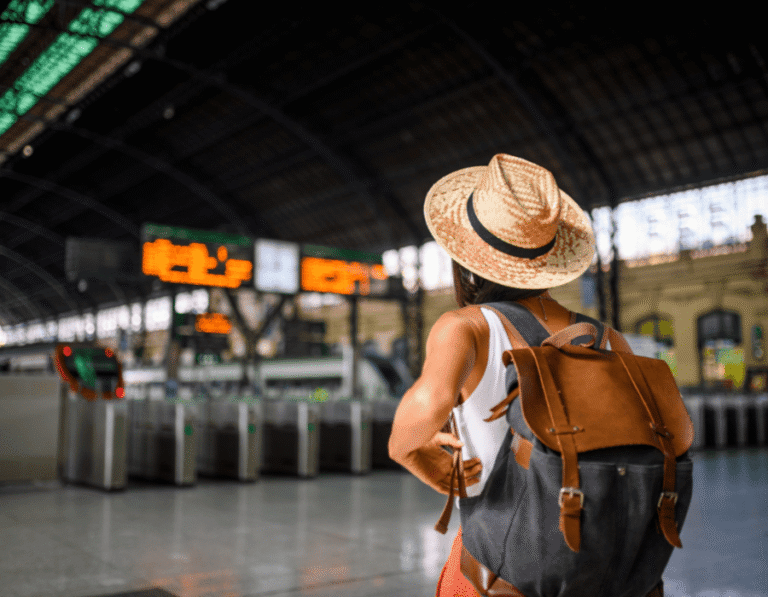Planning a trip to Koh Samui? You’re in for something special. With its tropical beaches, laid-back vibe, and just the right amount of buzz, this Thai island has something for everyone. Whether you’re coming to unwind on the sand, explore temples, or eat your way through beachside markets, Koh Samui is a crowd-pleaser for solo travelers, couples, and families alike.
This guide covers everything — from how to get around and what to eat, to safety tips and local insights — so you can enjoy your trip without any stress.
Getting From Koh Samui Airport to Your Hotel

Koh Samui’s airport is charming and small (yes, it even has palm trees), which makes it easy to navigate after a long flight. Once you land, you’ll have a few simple transport options:
- Private taxi: Quick and convenient. Drivers are right outside, but make sure to agree on the price upfront (they don’t always use the meter).
- Shared minivans: Cheaper and still comfortable. Great if you’re not in a rush and want to save a bit.
- Hotel transfers: Many resorts offer pick-up services — super handy if you’re arriving late or traveling with kids.
Getting Around Koh Samui
There’s no public bus system in Koh Samui, but don’t worry—you’ve got options:
- Taxis: Available in busy areas, but not always metered, so negotiate first.
- Songthaews: These are shared red trucks with benches in the back — cheap and fun for short rides.
- Scooter rental: Perfect for exploring at your own pace, but only rent if you’re experienced. Always wear a helmet.
- Private drivers: Great for a full day of sightseeing or longer distances.
Tip: If you’re new to driving in Thailand, it’s okay to skip the scooter and take it slow.
What to Eat in Koh Samui (And Where to Eat It)
Food here is fresh, flavorful, and full of personality. Some dishes to try:
- Green curry – creamy, spicy, and made with local herbs.
- Som Tam (papaya salad) – a zesty, crunchy favorite.
- Pad Kra Pao – stir-fried basil with your choice of meat and rice.
- Fresh seafood – grilled right on the beach or at local markets.
Where to eat:
- Fisherman’s Village in Bophut – stylish and beachfront, perfect for date night.
- Chaweng Night Market – casual, delicious, and affordable.
- Lamai’s local stalls – for a truly local vibe and seriously good eats.
Top Things to Do in Koh Samui
From temples to waterfalls, there’s plenty to see:
- Big Buddha Temple (Wat Phra Yai) – iconic and peaceful, especially early in the day.
- Secret Buddha Garden – a hidden hillside gem with statues and views.
- Hin Ta and Hin Yai Rocks – nature’s quirky sense of humor on display.
- Na Muang Waterfalls – bring swimwear and bug spray for a cool-off.
Also worth doing:
- A cooking class, Thai massage on the beach, or a full-day boat trip to nearby Ang Thong Marine Park.
Where to Stay on the Island

Koh Samui has a spot for every type of traveler:
- Chaweng Beach – busy, fun, and full of nightlife.
- Lamai – a bit more relaxed but still lively.
- Bophut (Fisherman’s Village) – perfect for couples and families.
- Maenam – quiet, with peaceful beaches and wellness retreats.
- Taling Ngam or Lipa Noi – great if you want total seclusion and sunset views.
There’s something for every budget, from fancy beachfront resorts to backpacker hostels and cozy bungalows.
Best Time to Visit Koh Samui
Koh Samui’s weather is slightly different from the rest of Thailand:
- Best months: January to March — clear skies and comfy temps.
- Hot but good: April to June — great for pool days.
- Rainy season: October to December — some showers, but also fewer tourists and better deals.
Tip: Always check your hotel’s cancellation policy during rainy months, just in case.
Budget-Friendly & Free Activities
Yes, you can do Koh Samui on a budget! Here’s how:
- Visit temples like Wat Plai Laem and Big Buddha (free or donation-based).
- Relax on Silver Beach or walk the coastline near Maenam.
- Watch the sunset at Lad Koh Viewpoint — bring snacks and make it a picnic.
- Explore local night markets — grab dinner and do some shopping in one go.
Staying Safe in Koh Samui
Koh Samui is generally safe, but here are a few tips:
- Scooter safety: Only rent if you’re experienced. Road conditions vary.
- Scams: Watch out for inflated jet ski damage claims. Take photos before renting.
- Taxi fares: Always ask the price first.
- Nightlife: Keep your drinks close and don’t walk home alone in quiet areas.
What to Pack
Here’s a quick list to keep you comfy:
- Lightweight clothing (it’s hot and humid)
- Swimwear and flip-flops
- Reef-safe sunscreen
- Bug spray
- Small daypack for island outings
- Power adapter (Thailand uses types A, B, C — 220V)
Bonus: Pack Imodium or charcoal tablets, just in case your stomach takes time to adjust to the food.
Final Thoughts
Koh Samui is one of those places that balances relaxation and adventure perfectly. Whether you’re here to chill on the beach, explore temples, or eat your weight in green curry, it helps to know a few things before you go. With these tips, you’ll skip the stress and dive right into everything this beautiful island has to offer.
About the Air Doctor App
With the Air Doctor app in your pocket, you can access medical care and receive expert medical guidance anywhere you travel.
Air Doctor offers a wide range of benefits, including:
- A global network of over 20,000 multi-lingual doctors and specialists
- Choice of clinic, at-home (hotel), and video consultations
- Healthcare access in 90 countries
- 24/7 multi-lingual support
- Transparent pricing and reviews
- Most common medical specialties, including cardiologists and pediatricians
FAQs
Generally, yes — Koh Samui is a safe island, even after dark. That said, it’s always smart to stick to well-lit areas, avoid quiet beach paths alone, and plan your ride home in advance if you’re going out at night. Trust your gut and you’ll be just fine.
It depends on how you travel! You can splurge at luxury beach resorts and fancy restaurants, or keep it budget-friendly with local food stalls, scooter rentals, and guesthouses. Koh Samui has something for every wallet — just plan ahead and compare prices.
Yes, English is widely spoken in tourist areas like Chaweng, Bophut, and Lamai. Locals working in hotels, restaurants, and shops usually speak basic English, and you’ll find many menus and signs in English, too. A few Thai phrases can still go a long way!












